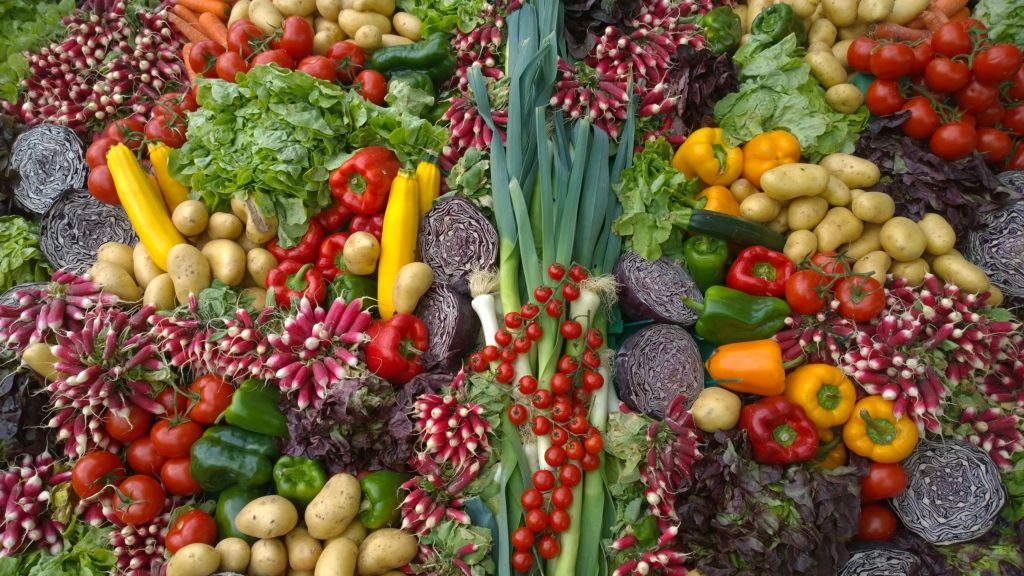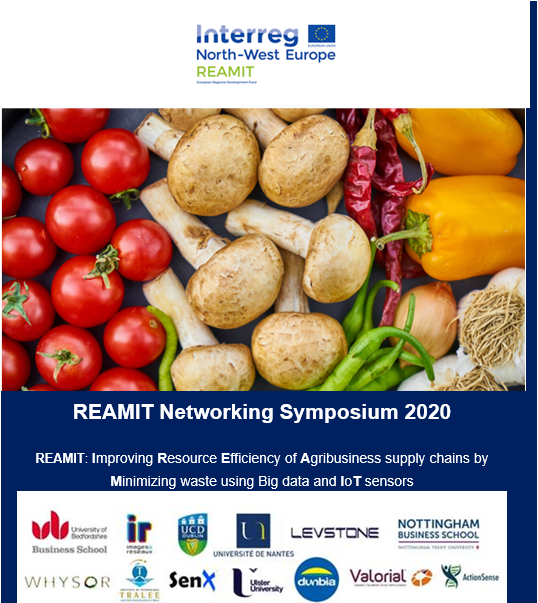
It was reported in 2018 that approximately 10 million tonnes of food is either lost or wasted annually. Other than the obvious loss in revenue from agricultural and food production companies, wasting food also causes considerable problems on the environment.
With the ongoing development of technologies, connecting ‘smart’ sensors can help reduce food waste through:
- Food safety monitoring
- Freshness monitoring
- Food spoilage monitoring
For example, minor temperature variances of just a few degrees can decrease shelf life of perishable goods, such as a bag of salad losing several days, so it is vital to monitor the temperature of their environment frequently and precisely to prevent food from being wasted. Traditionally, this would be done with the temperature being taken manually with a thermometer and logged by pen or entered onto a computer. This can be a time-consuming processes.
However, with developing technology solutions (such as Digi), hardware, wireless sensors, gateways and cloud applications can be installed to automate this process so that temperature readings happened more regularly, consistently and accurately.
This can be used as an automated reporting tool to help companies comply with food safety regulations and allowing data to be viewed in real-time, and receive alerts via emails and SMS messages. It can also be used in applications such as monitoring and controlling temperature to prevent under/over-chilling products to preserve their shelf life for longer.
REAMIT 9/1/2020: Improving Resource Efficiency of Agribusiness supply chains by Minimizing waste using Big data and IoT sensors
Nottingham Trent University have organised the REAMIT symposium on 9th Jan 2020 focusing on minimising food waste in agribusiness supply chains, across North West Europe. This Symposium is aimed at Agribusiness stakeholders, IoT practitioners, Academics and those from the Agri-food supply chains and is organised as part of the large European project (www.reamit.eu) funded by the Interreg NWE programme. Admission for this event is free.
In short, IoT technology can be implemented into any stage of the food supply chain of your current infrastructure network – come visit our stand to see what options are available for you to explore to help benefit your business.

